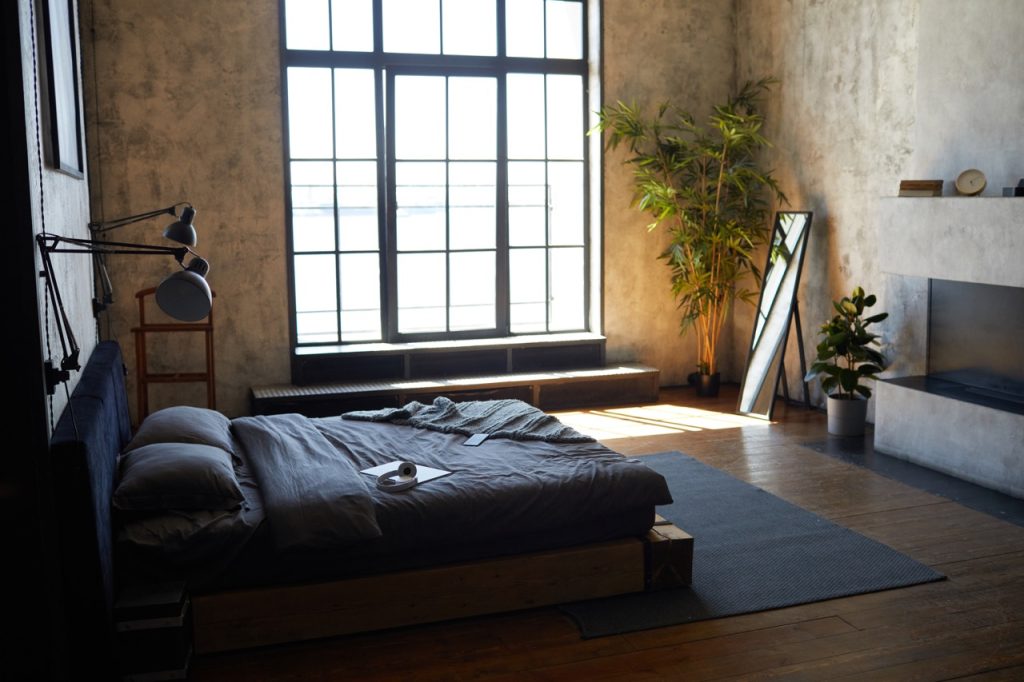Sleep Hygiene: Expert Tips for a Restful Night
Sleep is one of the cornerstones of good health, yet so many of us struggle to get the rest we need. Maybe it’s the constant buzzing of notifications, a racing mind, or simply not knowing how to wind down properly. Whatever it is, improving your sleep hygiene can make all the difference.
Here are some friendly expert tips to help you create a nightly routine that promotes better, more restful sleep.

What is Sleep Hygiene?
Sleep hygiene isn’t about how clean your sheets are (though fresh linens never hurt!). It’s about the habits and routines that set you up for a good night’s sleep. Think of it as the bedtime equivalent of brushing your teeth—only for your body and mind.
The good news? Better sleep hygiene doesn’t require fancy gadgets or products—just a few mindful tweaks to your day and evening habits.
1. Stick to a Consistent Sleep Schedule
One of the best things you can do for your sleep is to go to bed and wake up at the same time every day—even on weekends. Consistency helps regulate your body’s natural sleep-wake cycle, making it easier to fall asleep and wake up feeling refreshed.
Expert Tip: If weekends throw your schedule off, try not to sleep in more than an hour past your usual time.
2. Create a Relaxing Bedtime Routine
Think about how toddlers have storytime and cuddles before sleep. Adults aren’t so different—we thrive on rituals! A calming bedtime routine can signal to your brain that it’s time to wind down.
Ideas could include a warm bath, reading a book, stretching, or journaling. Avoid any activity that’s too stimulating, like bingeing on action-packed Netflix shows or scrolling through social media.
Expert Tip: Try reading an actual book (not an eBook)—the blue light from screens can trick your brain into thinking it’s daytime — check out a great selection of sleep-friendly titles from Book Wholesaler.

3. Optimise Your Sleep Environment
Your bedroom should be a sleep sanctuary. That means keeping it quiet, cool, and dark. Invest in blackout curtains, white noise machines, or even a good old-fashioned eye mask if needed.
Pro Tip: Keep your room around 15–20°C for the best sleep. Too hot or too cold, and your body will struggle to stay comfortable.

4. Limit Screen Time Before Bed
We’ve all heard it before, but seriously—ditch the screens about an hour before bedtime. The blue light emitted by phones, tablets, and computers interferes with melatonin production, the hormone that regulates sleep.
If you need a soothing activity, try meditating or listening to a sleep-focused podcast instead. Your inbox and Insta feed can wait until tomorrow.

5. Watch What You Eat (and Drink!)
What you consume in the evening can impact your sleep more than you realise.
- Caffeine: Avoid that late-afternoon coffee or tea—it can stay in your system for hours.
- Alcohol: A nightcap might make you feel sleepy, but it can interfere with the quality of your sleep.
- Big Meals: Give yourself at least 2–3 hours between dinner and bedtime to avoid feeling uncomfortable when you lie down.
Expert Tip: If you’re peckish before bed, opt for a light, sleep-friendly snack like a banana or a small handful of nuts.

6. Get Outside During the Day
Natural light exposure helps regulate your circadian rhythm—a fancy term for your internal body clock. Aim for at least 30 minutes of sunlight daily, preferably in the morning.
Why it works: Exposure to daylight reinforces your body’s natural sleep-wake cycle, helping you feel more awake during the day and sleepy at night.
7. Exercise (but Not Too Late)
Physical activity is brilliant for tiring out your body and reducing stress, but try to avoid heavy workouts close to bedtime. The energy boost from high-intensity exercise can keep you awake longer.
Gentle stretches, yoga, or restorative poses before bed can help you relax instead.

Prioritise Your Sleep
Better sleep hygiene isn’t about perfection—it’s about progress. Start with one or two tips that resonate with you, such as setting a regular bedtime or creating a calming pre-sleep ritual, and gradually incorporate more as they become part of your routine. Over time, these small changes can lead to significant improvements in the quality of your sleep, helping you wake up feeling refreshed and energised. Remember, consistency is key, so be patient with yourself as you adapt these new habits into your lifestyle.
